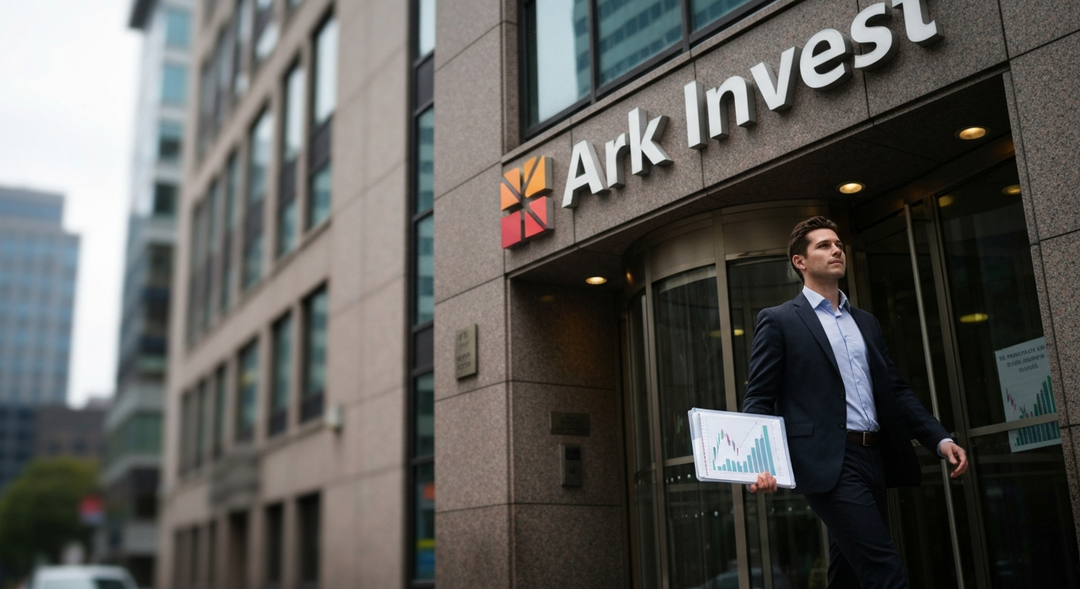Canada’s fintech investment landscape is shifting amid digital asset enthusiasm. The first half of 2025 has marked a notable chapter for technology-based financial ventures, with a total of $1.62 billion raised across the sector.
Interest remains especially robust in startups harnessing innovations like blockchain and solutions designed for digital assets. These firms have secured the bulk of new funding and continue to draw attention from investors looking for the next leap forward in finance.
The Pulse of Fintech report from KPMG Canada highlights a contrast with global trends, where overall venture capital in fintech has slowed amid uncertainty. Canadian investors show a consistent willingness to back ventures that operate at the convergence of finance and rapidly developing technology.
Artificial intelligence in financial services has maintained investor appeal, extending its streak of strong capital inflows. Yet digital assets have truly re-emerged as a focal point, gaining energy even as broader investment values experience contraction elsewhere.
Regulatory support in the United States has played a part in this optimism. More favorable regulations and institutional recognition have shifted perceptions, making the digital asset sector more attractive for significant investment.
The increase in regulatory clarity has been supported by legal shifts, including dismissal of certain high-profile lawsuits and advances in mainstream adoption of crypto-related technologies. These developments contribute to heightened investor confidence, especially as stablecoins and tokenization platforms move into everyday use.
Despite the encouraging $1.6 billion figure, it represents a decrease from the $2.4 billion invested by Canadian fintech firms during the corresponding period in the prior year. The second half of 2024 even saw investments soar to $7.5 billion, showing the current figures are relatively restrained.
Macroeconomic variables such as international tariffs and climbing interest rates have influenced investment behavior. However, analysts argue this is not due to waning confidence. Large sums remain set aside and ready to enter the sector once the right opportunities arise.
Investors are reportedly growing more selective, preferring mature enterprises and larger deals over a spread of riskier bets. This trend points to a search for quality and sustainability, suggesting that those fintechs with solid fundamentals and scalable business models are more likely to attract attention and capital going forward.
Momentum for digital asset investment appears poised to continue, fueled by a supportive regulatory environment and deepening integration with traditional finance structures. As financial products and services increasingly adopt blockchain and tokenization, new opportunities will emerge for established players and startups alike.
The focus extends beyond innovation for its own sake. Infrastructure supporting payments and trading, as well as technology that promotes secure scaling and compliance, remains a critical foundation. Payment rails and tokenization systems that adapt to evolving industry standards gain greater appeal among institutional and individual backers.
At the same time, companies leveraging artificial intelligence for core financial functions are seeing heightened interest. The implementation of these technologies in areas like personal finance management, fraud detection, lending decisions, and investment strategy underscores their transformative potential.
These advancements coincide with a wider acceptance of digital assets by both consumers and regulatory agencies. The improved perception has made it ever more enticing for new participants to Start Cloud Mining and participate in the decentralized finance movement that continues to gather pace.
Many observers anticipate that the current year’s second half will witness even more significant activity in the Canadian fintech ecosystem. As leading companies mature and regulatory clarity increases, unallocated capital is likely to seek out the most promising projects.
This broad appetite for innovation hints at a competitive period ahead, with digital assets likely to remain at the forefront. Companies best positioned to respond flexibly to regulatory and technological changes will be the ones that benefit as momentum builds.
Conclusion
Digital assets and artificial intelligence are invigorating Canada’s fintech scene. While investment figures are down from recent peaks, the sector’s resilience suggests continued optimism for those able to meet investor expectations.
A combination of regulatory advances, maturing technologies, and rising mainstream usage positions the industry for strong growth. As more capital becomes available for select ventures, the second half of the year looks promising for ambitious fintech companies across the country.

Ewan’s fascination with cryptocurrency started through his curiosity about innovative technologies reshaping the financial world. Over the past four years, he has specialized in cloud mining and crypto asset management, diving deep into mining contracts, profitability analysis, and emerging trends. Ewan is dedicated to helping readers understand the technical and economic aspects of crypto mining, making complex information accessible and actionable.




